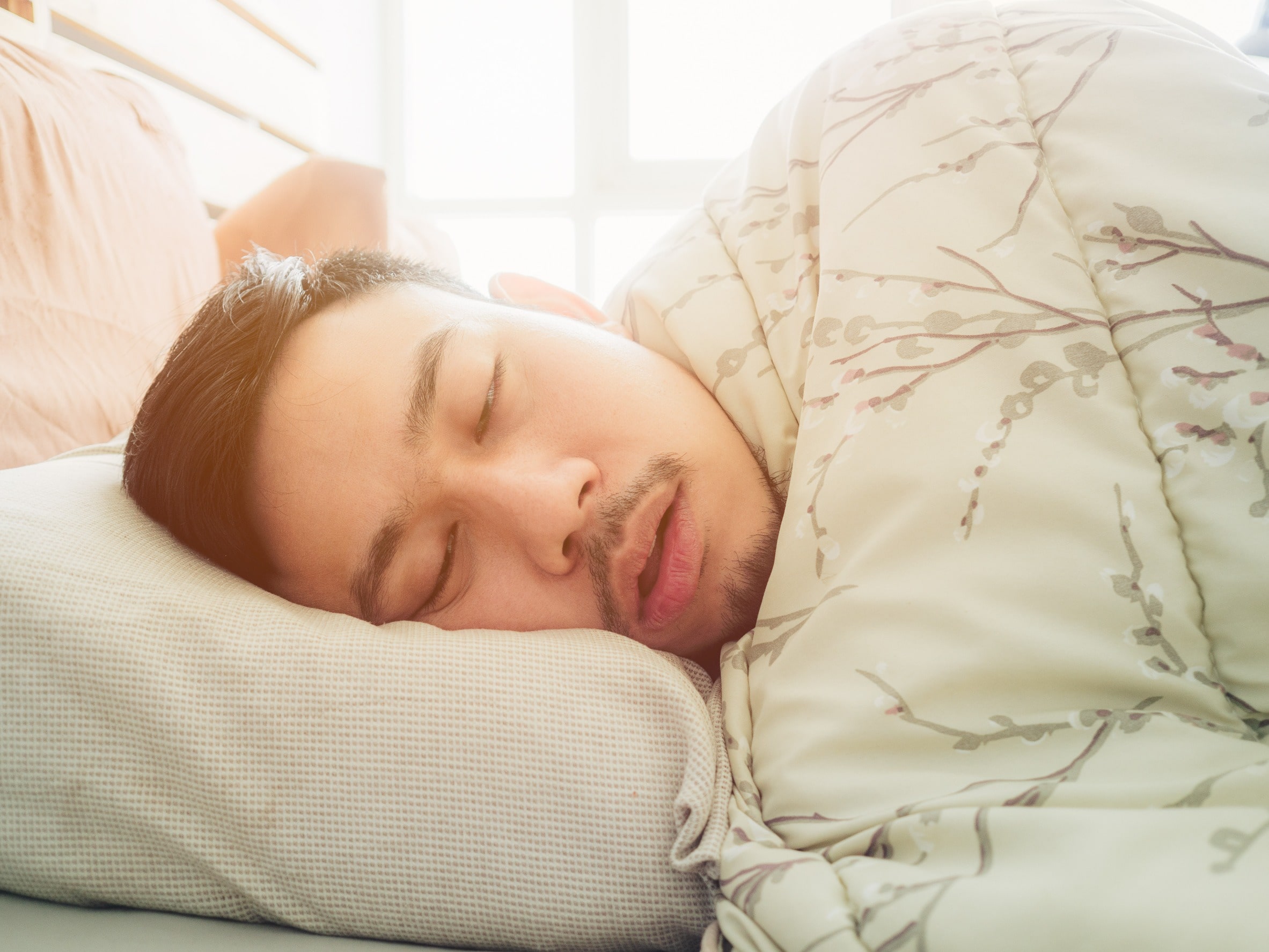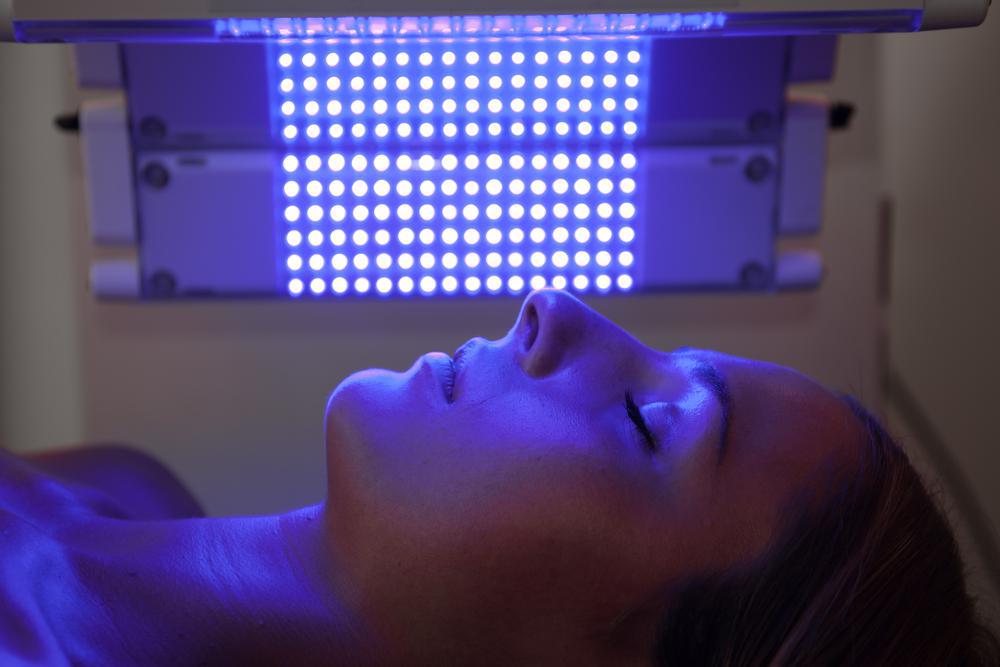Cognitive Behavioral Therapy for Insomnia (CBT-I) - Proven Techniques
Cognitive Behavioral Therapy for Insomnia (CBT-I) - Proven Techniques
Blog Article
Reliable Treatment Solutions for Managing Sleep Disorders and Enhancing Peaceful Sleep
In the realm of health care, the monitoring of sleep disorders and the mission for relaxing rest are essential components of general well-being. As we browse the detailed landscape of rest conditions and look for to boost our rest experience, a deeper understanding of these therapy remedies may hold the key to unlocking an extra rejuvenating and fulfilling restorative trip.
Cognitive Behavior Modification for Insomnia (CBT-I)
Cognitive Behavior Therapy for Sleeping Disorders (CBT-I) is a structured, evidence-based therapy method that concentrates on dealing with the hidden aspects adding to rest disturbances. This kind of treatment intends to change behaviors and thoughts that intensify sleeping disorders, eventually advertising healthy and balanced rest patterns. CBT-I usually includes a number of vital components, including cognitive therapy, sleep limitation, stimulation control, and sleep hygiene education.
Cognitive treatment aids people identify and change negative thought patterns and ideas about sleep that may be impeding their capability to fall or stay asleep. Rest constraint involves limiting the amount of time spent in bed to match the person's real sleep duration, consequently boosting sleep performance (cognitive behavioral therapy for insomnia (CBT-I)). Stimulus control techniques aid establish a strong association between the bed and rest by urging people to visit bed just when drowsy and to prevent taking part in stimulating tasks in bed
Furthermore, sleep health education and learning focuses on developing healthy and balanced sleep practices, such as maintaining a regular sleep schedule, producing a relaxing bedtime regimen, and optimizing the rest setting. By resolving these elements adequately, CBT-I supplies an efficient non-pharmacological intervention for handling sleeplessness and boosting general rest high quality.
Rest Hygiene Practices
Having developed the structure of cognitive restructuring and behavior modifications in attending to sleeping disorders through Cognitive Behavioral Treatment for Sleeping Disorders (CBT-I), the emphasis now changes towards checking out important Sleep Health Practices for maintaining ideal rest quality and total well-being.
Sleep health practices include an array of practices and ecological factors that can dramatically impact one's capacity to go to sleep and remain asleep throughout the night. Consistent sleep and wake times, creating a relaxing bedtime regimen, and optimizing the rest environment by keeping it dark, quiet, and cool are vital components of good rest hygiene. Limiting exposure to screens before going to bed, avoiding stimulants like caffeine close to bedtime, and participating in normal exercise throughout the day can also advertise far better sleep high quality.
Moreover, exercising leisure strategies such as deep breathing workouts or reflection prior to bed can help calm the mind and prepare the body for rest. By including these rest hygiene techniques right into one's day-to-day regimen, individuals can establish a healthy sleep pattern that supports relaxed rest and you can check here general well-being.
Relaxation Strategies and Mindfulness
Carrying out relaxation strategies and mindfulness techniques can play a critical duty in fostering a sense of tranquility and promoting high quality rest. In addition, directed images can aid carry individuals to a tranquil area in their minds, aiding in anxiety decrease and improving sleep quality.
Mindfulness methods, such as reflection and yoga exercise, are also effective in promoting relaxation and enhancing rest. Mindfulness encourages people to stay present in the moment, releasing bother with the past or future. By incorporating these practices right into a going to bed regimen, individuals can signal to their bodies that it is time to prepare and take a break for sleep. In general, integrating relaxation techniques and mindfulness methods can significantly add to managing sleep conditions and boosting overall rest top quality.

Medication Options for Rest Disorders
After discovering relaxation strategies and mindfulness practices as non-pharmacological interventions for enhancing sleep top quality, it is vital to consider medication options for people with rest problems. In cases where way of living adjustments and therapy do not give sufficient relief, medication can be a beneficial tool in handling sleep disturbances.
Commonly prescribed medications for rest conditions consist of benzodiazepines, non-benzodiazepine hypnotics, antidepressants, and melatonin receptor periodic limb movement agonists. Antidepressants, such as trazodone, can be valuable for people with co-occurring anxiety and sleep disturbances - insomnia solutions.
It is critical for people to talk to a health care company to identify one of the most proper medicine alternative based upon their details rest problem and clinical history.
Light Treatment for Body Clock Law
Light treatment, likewise called phototherapy, is a non-invasive therapy technique used to control circadian rhythms and boost sleep-wake cycles. This therapy entails exposure to bright light that simulates natural sunshine, which helps to reset the body's biological rhythm. By subjecting people to particular wavelengths of light, usually in the early morning or night depending upon the wanted impact, light therapy can efficiently change the circadian rhythm to advertise wakefulness throughout the day and boost relaxing rest at evening.
Research study has actually revealed that light therapy can be specifically beneficial for individuals with body clock problems, such as postponed sleep stage disorder or jet lag. It can additionally be helpful for those experiencing seasonal depression (SAD), a type of anxiety that commonly occurs throughout the winter season when all-natural light exposure is reduced. Light treatment is usually well-tolerated and can be used in conjunction with other therapy methods for sleep disorders to optimize results and boost total rest top quality.
Conclusion
To conclude, reliable treatment services for taking care of rest conditions and improving relaxed rest consist of Cognitive Behavior modification for Sleeping Disorders (CBT-I), rest hygiene practices, relaxation methods and mindfulness, drug alternatives, and light treatment why not try this out for circadian rhythm guideline. These strategies can aid people enhance their sleep high quality and general well-being. It is very important to seek advice from a medical care service provider to identify the most ideal technique for resolving rest issues.
As we navigate the intricate landscape of rest problems and seek to improve our sleep experience, a much deeper understanding of these treatment options might hold the key to unlocking an extra refreshing and meeting corrective trip.
Sleep restriction includes limiting the quantity of time spent in bed to match the person's real rest duration, thereby increasing rest performance. Regular rest and wake times, creating a relaxing bedtime routine, and maximizing the rest setting by keeping it dark, quiet, and cool are important components of good rest hygiene. Light treatment is typically well-tolerated and can be utilized in combination with other treatment techniques for sleep problems to optimize outcomes and enhance total sleep top quality.

Report this page